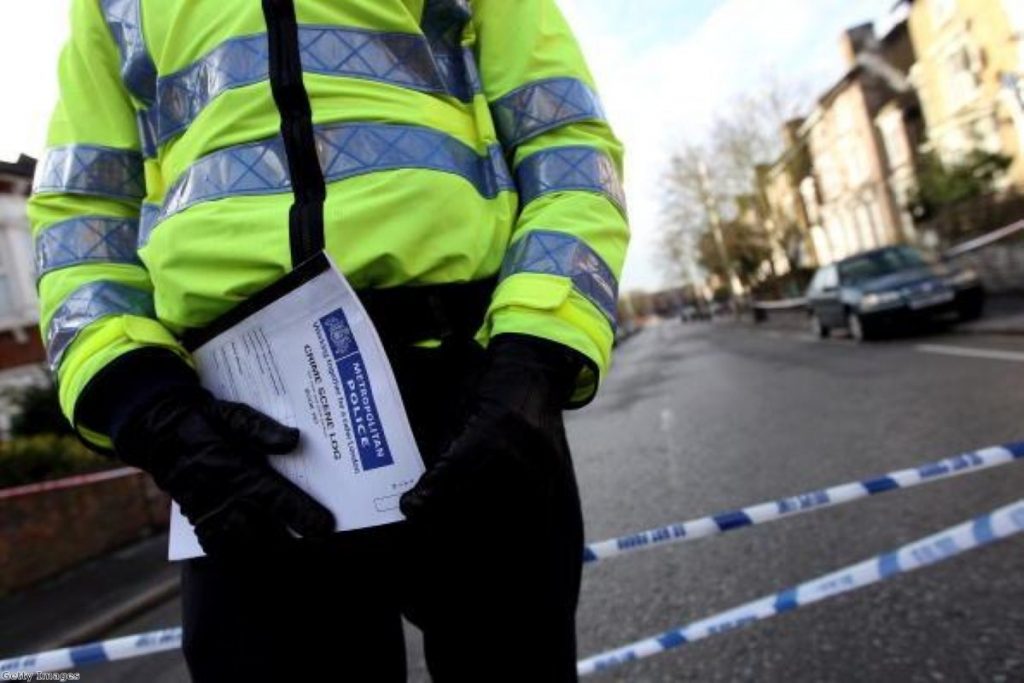Police fight back over journalist tip-offs
Links between police officers and journalists should be encouraged rather than frowned upon, Lord Stevens' major review of policing has concluded.
The former Metropolitan police commissioner, who was asked by Labour to conduct a review of the state of England and Wales' police, has issued a wide range of "radical" recommendations – from recruiting more cybercrime experts to standardising uniforms across the country.
But his most controversial idea is a rejection of the attitudes of the Independent Police Complaints Commission (IPCC) and Lord Justice Leveson's inquiry into the press, which have both recommended limited contact between the media and police.
Stevens' call for fresh guidelines which concentrate on rebuilding trust and confidence will be overshadowed at the IPCC by the suggestion that the watchdog could be scrapped altogether, however.


The commission wants the IPCC and HM's chief inspectorate of policing to be merged to create a new system of oversight in which individual officers are "chartered". Bad behaviour could result in officers being 'struck off' in the same way as doctors are.
It hopes to re-establish a new "social mission" for the police which will make it easier for the public to understand what its purpose is.
"The police are not simply crime fighters," the report stated.
"Their civic purpose is focused on improving safety and well-being within communities and promoting measures to prevent crime, harm and disorder.
"The commission recommends that the social purpose of the police should be enshrined in law. This will help to bring much-needed consensus to the question of what we expect the police to do."
It is recommending that all reported crime should be investigated or a reason must be given for the failure to do so.
The commission also backed the concept of police and crime commissioners, which were introduced one year ago.
The report criticised the way in which they were elected but its endorsement of the role means Labour can now support the reform going into the next general election.
The commission's members included ex-MI6 chief Sir Richard Dearlove and Lord Carlile, the independent reviewer of terrorism legislation.









